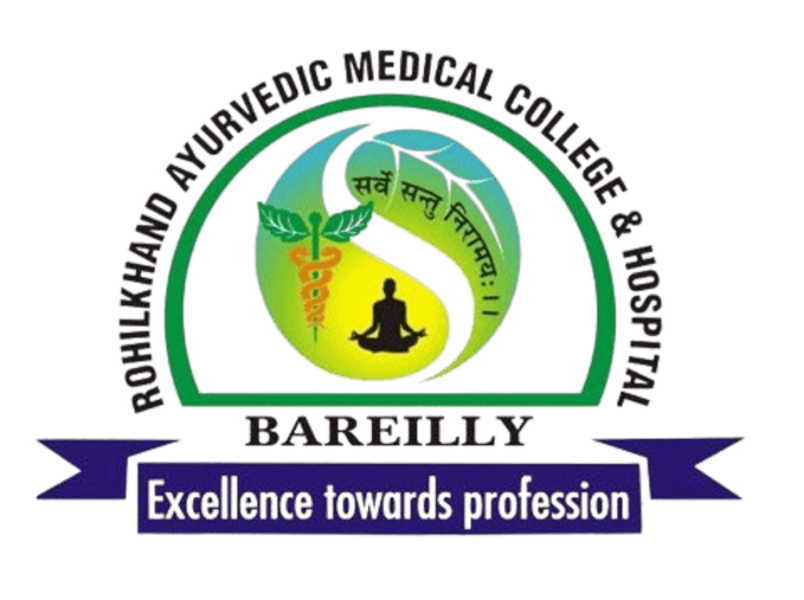





Fear (bhaya) is a universal human emotion, acting as a protective response against potential threats. While a proportionate degree of fear has adaptive value, persistent or disproportionate fear adversely affects mental health, physiological systems, and overall well-being. Modern neuroscience attributes fear to dysfunctions in neural circuits involving the amygdala and hippocampus, with chronic activation of the hypothalamic–pituitary–adrenal (HPA) axis leading to immune suppression, metabolic impairment, and psychosomatic disorders. Āyurveda conceptualizes bhaya as a mānasika bhāva arising from imbalances in rajas and tamas, often precipitated by prajñāparādha and mānasa mithyāyoga. Classical texts describe bhaya as both a symptom and a causative factor in mānasika rogas, with long-term effects on doṣas, dhātus, agni, and ojas. Caraka and Suśruta emphasize that vāta and pitta are particularly vulnerable to vitiation by fear, resulting in psychosomatic manifestations. Chronic bhaya is associated with depletion of rasa dhātu, śukra dhātu, and ojas, thereby compromising vitality, fertility, and immunity. Management is directed primarily through satvāvājaya cikitsā (psychotherapy), including jñāna, vijñāna, dhairya, smṛti, and samādhi, which correct faulty thought processes, strengthen coping mechanisms, and restore mental stability. Pharmacological support using vāta-pitta-śamana and hṛdya formulations such as Kalyānaka kaṣāya, Drākṣādi kaṣāya, and Guḍūcyādi kaṣāya complements psychological interventions. Thus, Āyurveda provides a comprehensive framework for understanding bhaya—integrating emotional, cognitive, physiological, and spiritual dimensions—offering preventive and therapeutic strategies that remain relevant in contemporary mental health care.